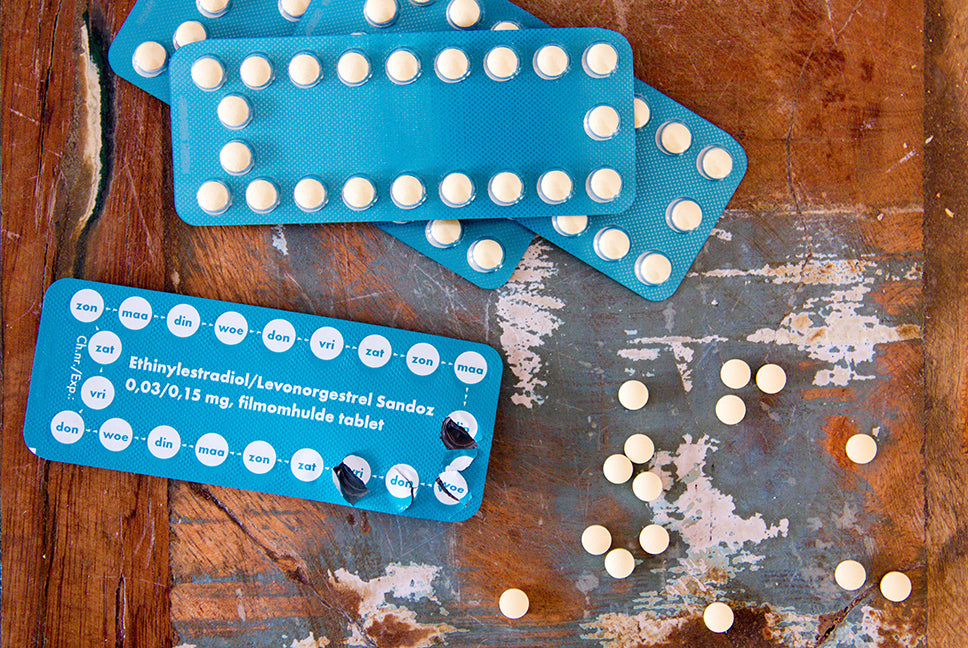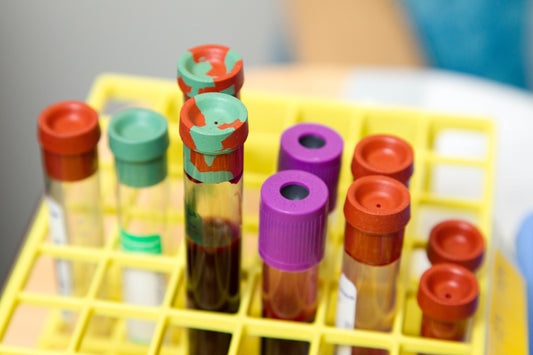Progesterone is often used as a generic term to describe any type of hormone that mimics the human-made progesterone. However, it is important to understand that progesterone made by the body is very different from the synthetic forms of this hormone used in products such as birth control. This is progestin.
Progesterone is a hormone produced by the ovaries, placenta, and adrenal glands primarily to help with reproduction. Most of this progesterone is produced from a little structure within the ovary called the corpus luteum, which forms just after the egg is released from the ovary. If the egg is not fertilised, the corpus luteum disintegrates and progesterone production diminishes. This occurs just before we bleed.
However, not only does progesterone help us reproduce, it also helps with:
- Skin elasticity and circulation
- Clearing brain fog
- Calming the brain and reducing anxiety
- Reducing bloating and puffiness
- Promoting anti-inflammatory activity
- Increasing your sex drive
- Giving you a good night's sleep
- Nutrient absorption and healthy bone density
If you want to know more about the effects of progesterone, read more about it here (link to WBJ article: The one thing that gives you better sleep, skin, mood, and periods).
If you’re on any type of birth control (the combination pill, mini pill, hormonal IUDs, the Depo-Provera shot, the patch, the implant, the ring) or hormone replacement therapy, you’re not taking progesterone - you’re taking progestin.
Progestin is the synthetic form of progesterone and has quite a different chemical structure and action within the body. Therefore progesterone and progestin should not be referred to as the same thing. As progestin prevents ovulation, it means your levels of progesterone will actually be low, and therefore you will be missing out on the benefits of progesterone.
Current research around the long-term effects of progestin is limited, although some studies suggest it may increase your risk of developing breast cancer. As studies are limited, it’s difficult to establish if side effects from progestins are due to the progestins themselves, or low levels of progesterone. However, these side effects include:
- Breast tenderness or pain
- Headaches
- Upset stomach
- Diarrhoea or constipation
- Changes in appetite
- Weight gain
- Fluid retention
- Tiredness
- Mood swings and irritability
- Excessive worrying
If you are on any form of birth control, make sure you are well informed about what you are taking and how it is affecting your body. If you are planning to come off birth control for whatever reason, work with me to ensure your hormones get back on track again.




